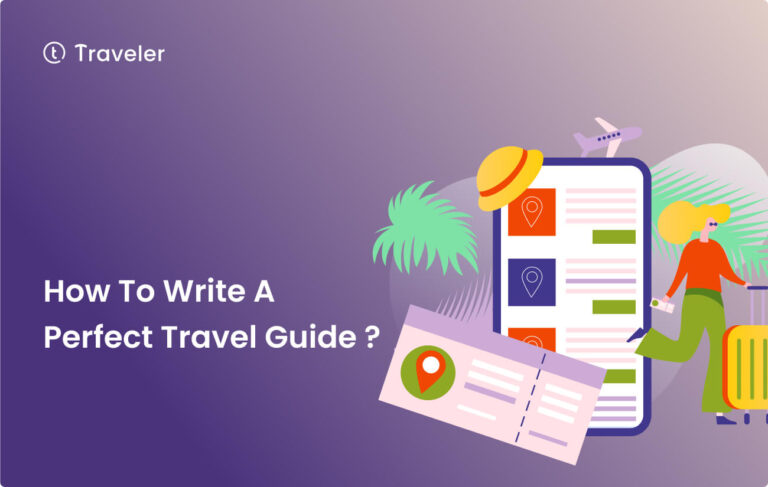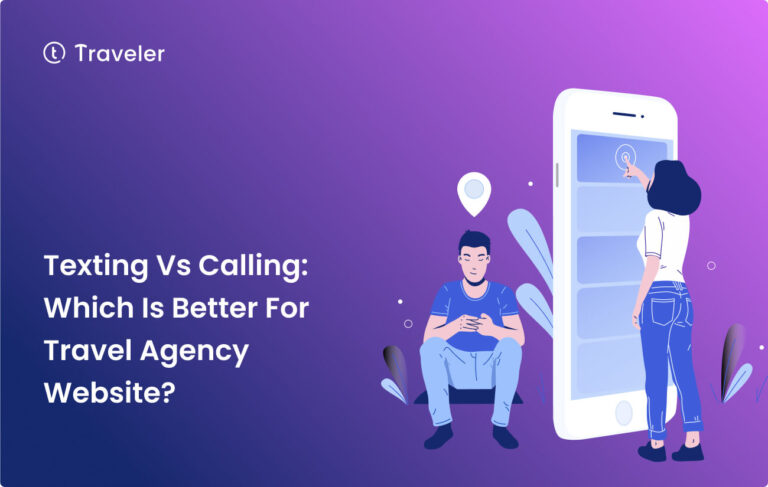8 Must-have Features for Travel Agency Website (2023)
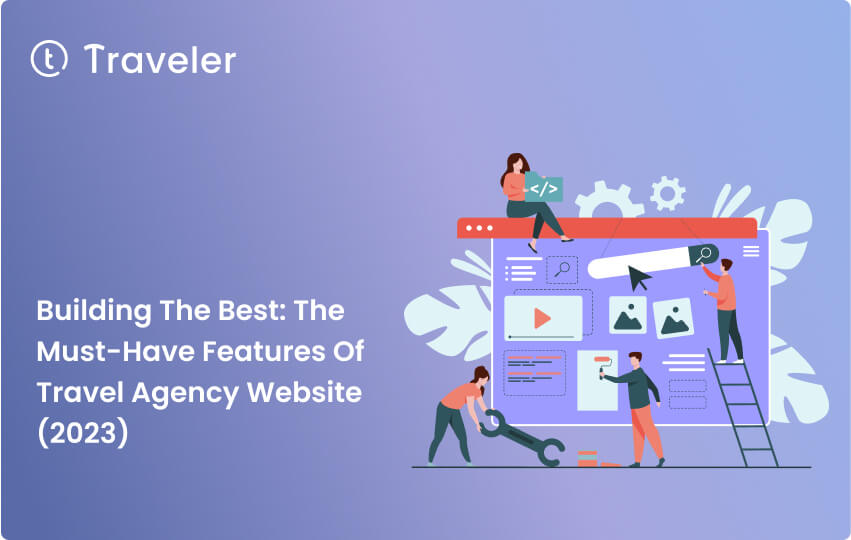
In this age of technology, it is becoming more common to run a travel agency through a website. This is because technology is getting better and artificial intelligence is getting smarter. For example, Airbnb, a popular way to book travel, only works online and has grown into a major player in the travel industry.
To do well in the competitive travel niche, you need a well-designed website that is easy to use. This means adding things like a search bar, user reviews, high-quality images, and an easy-to-use layout. Using digital marketing tools like search engine optimization (SEO), social media, and email marketing can also help bring more people to the website and get customers more involved.
By going online, travel agencies can reach more people and build a good reputation for their brand. For example, TripAdvisor, a popular website for travel reviews, has become a source of information that travelers all over the world trust.
In this post, we will show you 8 must have features for travel agency website to help you attract and retain your customer and increase the chance of customer choosing your service over the competitor.
And here we have a video to show you all of these must-have features for travel agency website or tour agency website that you can learn more about from it
Must-have features for travel agency website
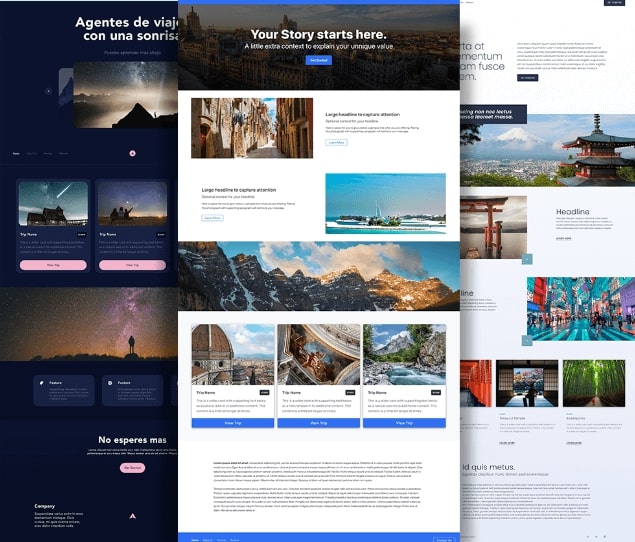
Your business needs to spend time and money to put together a number of different parts and pieces to make a website that works well and lets customers get in touch with you more easily. Each of these things on this website has its own job and serves a different purpose. There are a lot of things that a travel website needs to have:
- A responsive and user-friendly design
- Search and filter available alternatives for travel, lodging, and package deals.
- Options for reserving and paying online
- Interactive management of the itinerary
- Ratings and reviews from clients
- 24/7 responsive client service
- Information on locations, including maps and travel guides
- Promotional offers that are unique incorporating social media
- Managing user accounts securely
- Mobile optimized for booking while on the go.
Booking and reservation system
Easy and convenient function of booking and reservation system
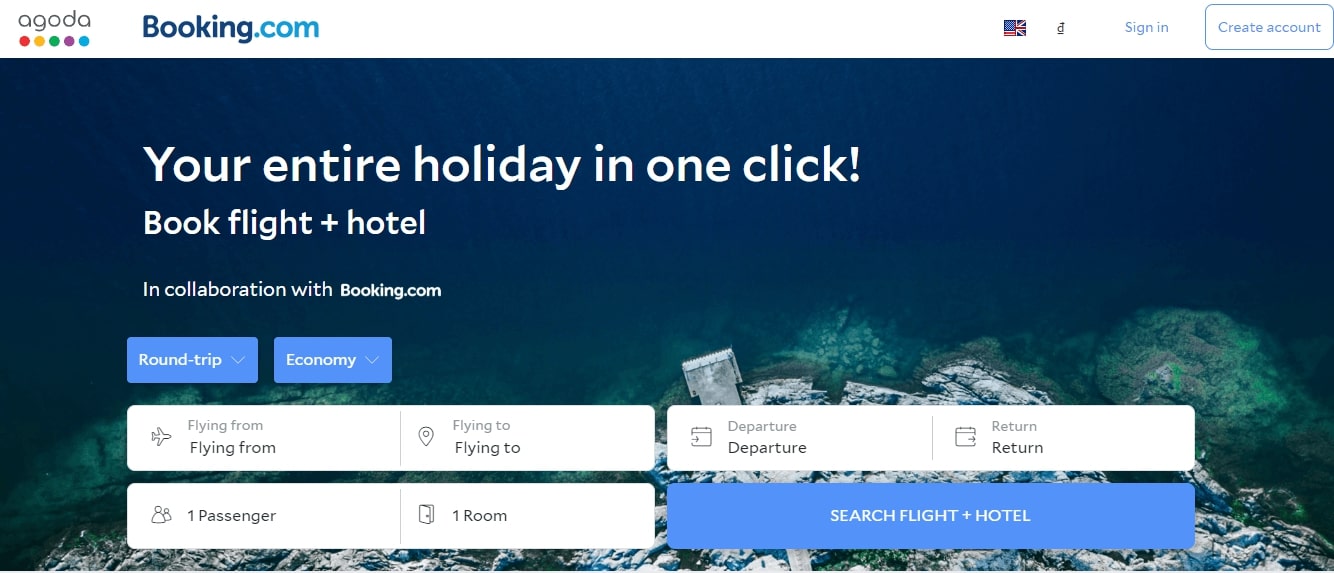
Imagine that if your travel website has a good booking and reservation system, it will help customers find and book flights, hotels, and other travel plans. So, it can help you make more money and get more people to visit your website.
Customers need to be able to use this feature so they can quickly find and book the travel arrangements they need for their trip. So that customers can compare prices, availability, and features and make smart choices, a good booking and reservation system should give customers access to a wide range of options and providers.
Customers should be able to use the system to get real-time information and updates about their bookings. The system should also have clear and easy-to-understand interfaces and functions. It should also have strong security and payment processing features to make sure that client data and transactions are safe and private.
Clear pricing
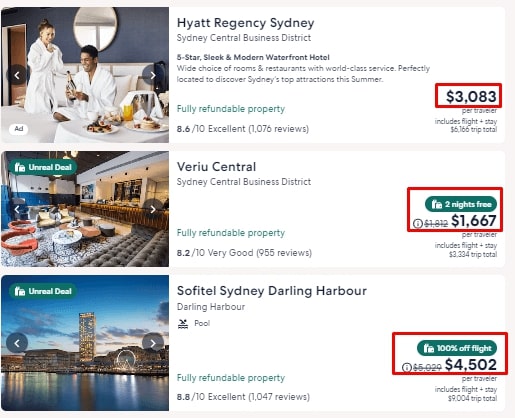
On the websites of travel agencies, you can find secure payment systems for booking and reservation systems for each flight you booked.
Depending on the website, there are different ways to pay that make you feel comfortable and happy. If your travel agency’s website doesn’t make it clear how much different vacation packages cost, it’s likely that people will spend their money elsewhere. Surprise fees and taxes are the fastest way to get a guest to leave, so keep that in mind.
Because of this, you should put a simple pricing table on your website so that people can choose the best travel deals. The pricing table shouldn’t have too much or too little information. It should have just enough so that customers can tell the different bundles apart.
Itinerary planning and customization tools
Clear information about names of towns and nations
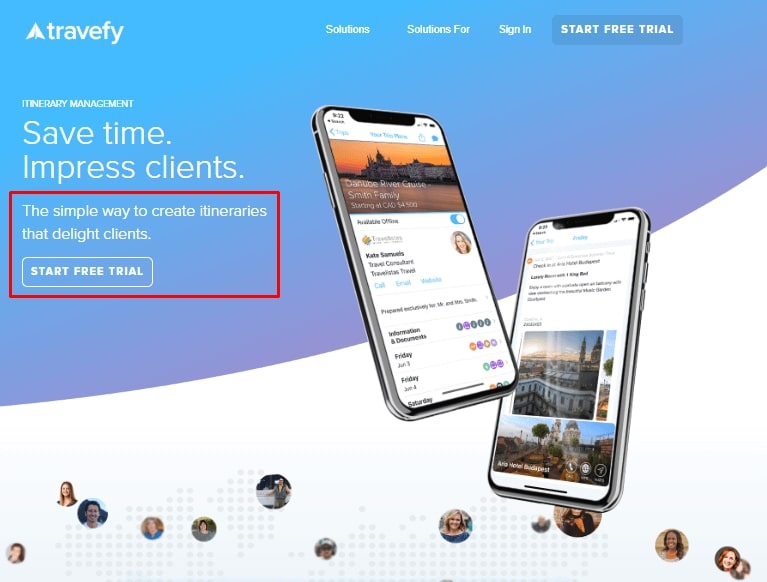
Your travel website should have several interesting and informative pages to keep people interested. For example, you could make destination pages with the names of cities and countries.
Each customer can make their own itinerary plan. They can travel with their family, their friends or relatives, or a group of people. Using the tool’s itinerary builder, they can add travel services like flights, hotels, and activities to make an itinerary that fits their needs and schedule.
Using the trip planning and management function, customers can see their plan, make changes to it, and keep track of it. This means that you can add or remove services, change times or dates, and change where you want to go. You can also see a full travel package document. This really helps them come up with a unique plan that will save them time and money. To make the customer experience better and increase customer satisfaction, travel companies need to offer a tool that is easy to use for making and managing itineraries.
Suggestion feature for popular destinations and activities
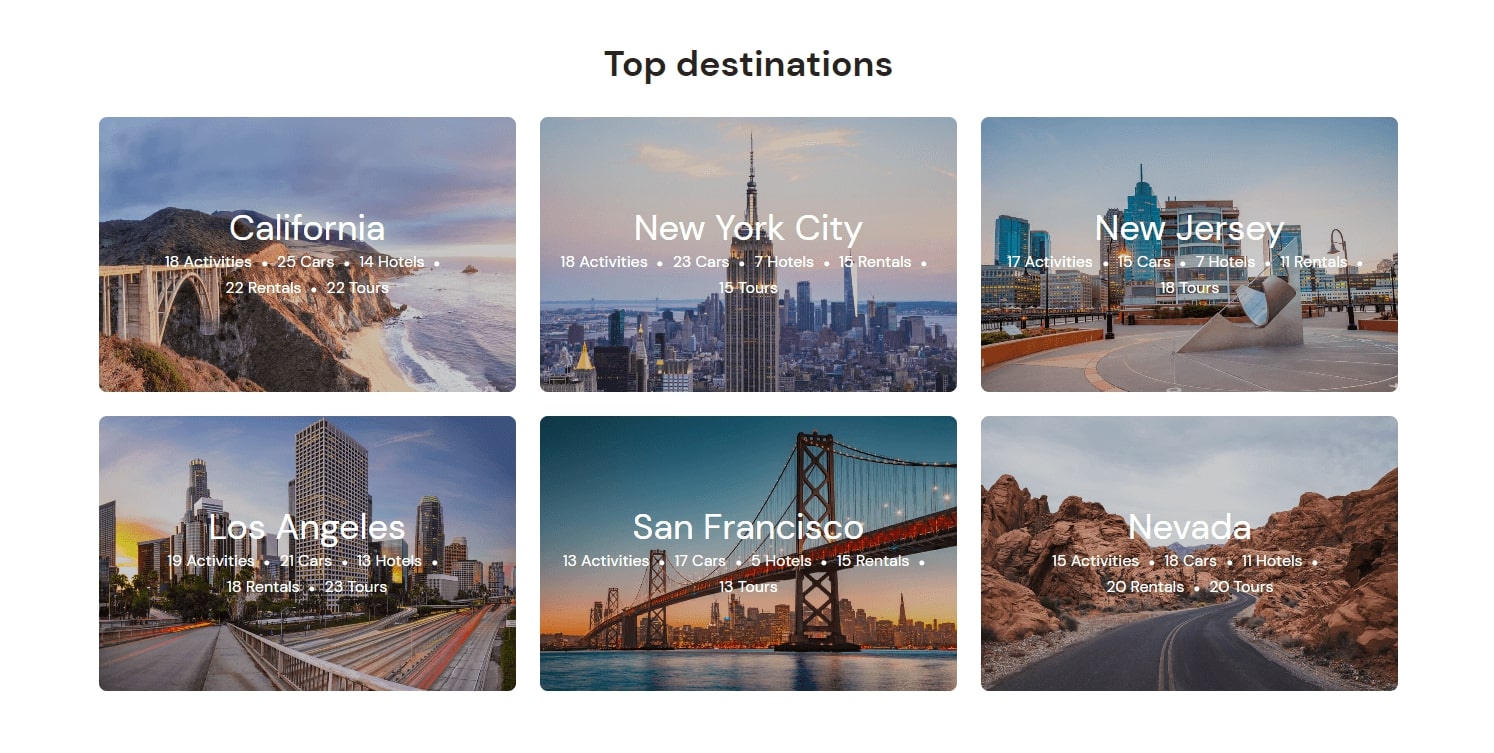
When you click on a certain website, you will be asked to type in the place you want to go. Then you can see a list of the most popular hotels or vacation packages. On several travel websites, users can rate places and things to do on a scale of 1 to 5 or 1 to 10. Getting a high rating is a good sign that a place or activity is a good choice.
Several travel websites have suggestions for popular places to go and things to do there. These features will suggest places to go and things to do based on your search history, preferences, and how you use the website.
For example, a travel website might recommend popular places based on your past searches or reservations, or it might show you tours that other people who like to travel like you often book. These ideas can be a great way to find new places to go or things to do that you might not have thought of before.
Customer service and support
Customer service cares about the whole experience of the customer and wants them to do more. Trying to keep customers happy throughout the entire time they are a customer. Customer service, on the other hand, is more focused on helping customers solve technical problems.
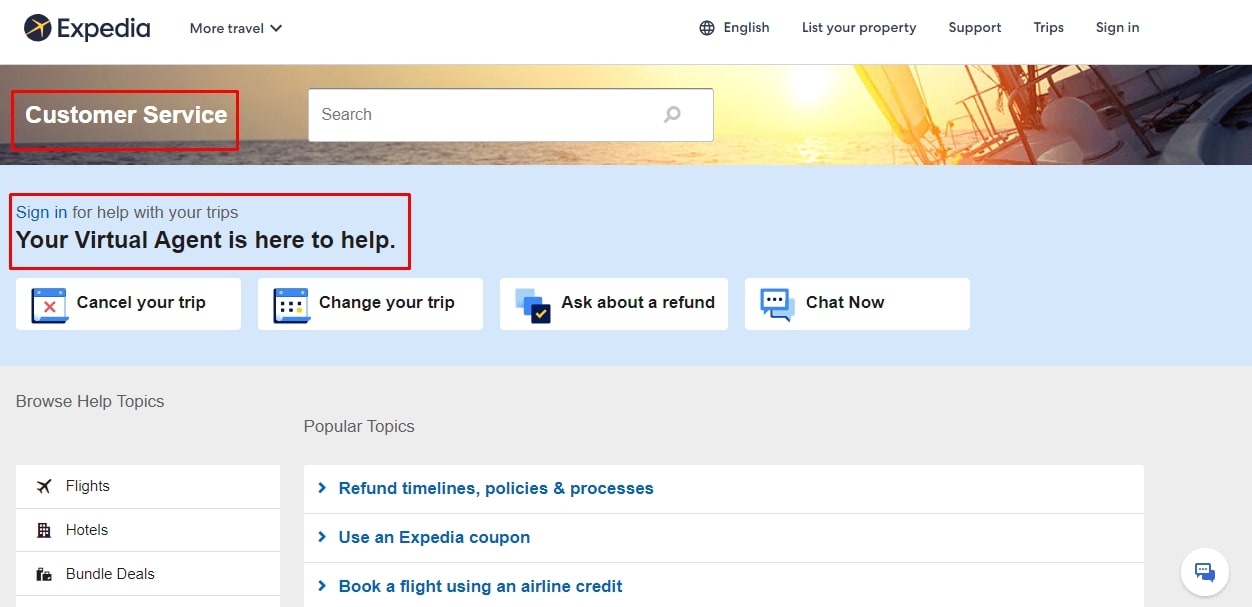
Contact information and online booking form
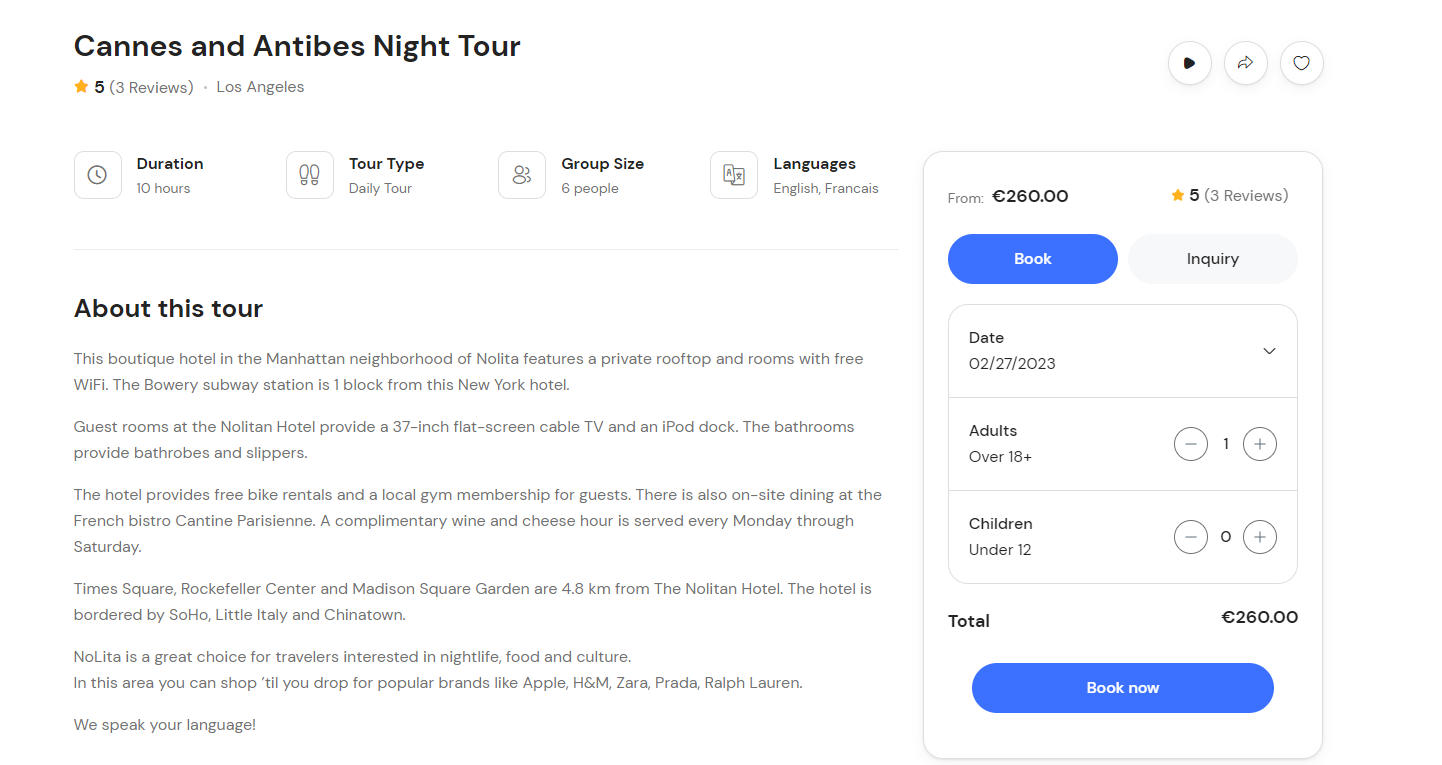
To get accurate contact information from customers, you should make a form that asks for their name, phone number, email, and preferred ways to get in touch, like live chat or social media. This makes it easier to check in at hotels and find the meeting place for a booked activity. Many travel websites have ways for customers to talk to customer service reps through live chat or social media.
Booking forms are another important part of travel websites. They let people put in information like their travel dates and the number of people going. You need a booking engine to look for and book travel-related services like lodging, transportation, and activities. A calendar helps customers pick the dates they want to travel and see if flights and hotels are available on those dates. Once the booking form is filled out, the full price and payment options, such as credit card, PayPal, and online banking, will be shown to the customer.
Frequently asked questions (FAQ) section
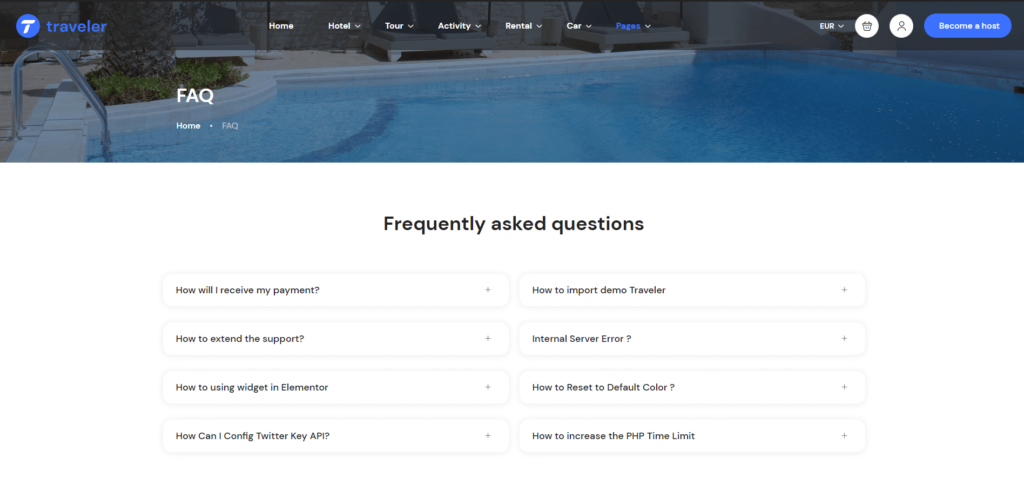
Some customer questions will come up frequently, and your service and support team will have to deal with them. One way to make sure your agents answer FAQs quickly and consistently is to create a bank of saved responses that they can change as needed. Travel companies can help clients feel more at ease and informed about their trips by giving clear and complete answers to the questions they are most likely to ask.
Customers always have their own concerns and questions, so you need to make a specific catalog that highlights some keywords so that similar questions are easy to find. These concerns can be about policies for cancellations and refunds, information about which travel documents and visas are needed for each destination, travel insurance, tips and advice for travelers, how to get in touch with customer service representatives, and the safety of online bookings and payments.
User reviews and ratings
Ability for customers to leave reviews and ratings on the website
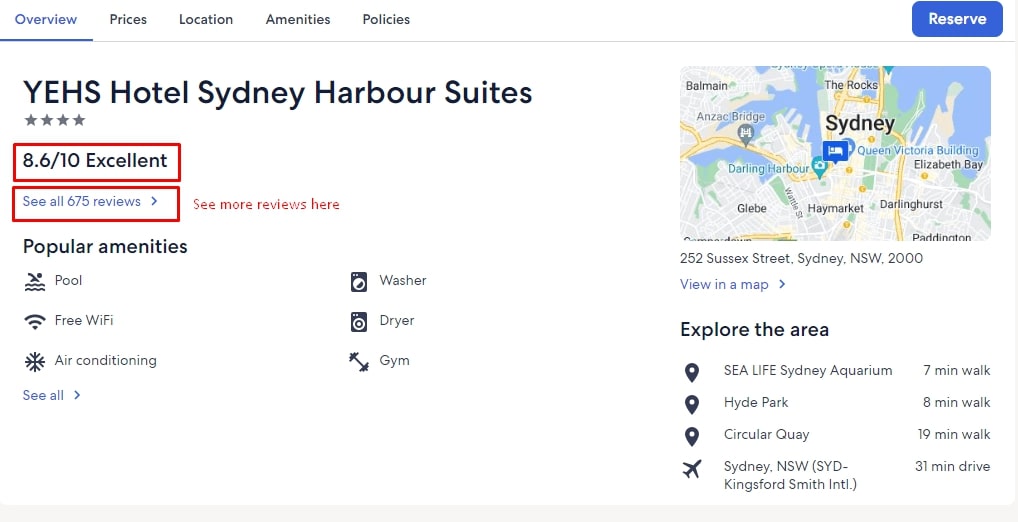
With the help of customer reviews and recommendations, you can grow your travel business. Travelers now have access to a lot of information, which makes it important that information about travel experiences is clear. It’s good to make your customers feel at home as your customer base grows.
A good travel website makes people feel like they can trust the brand. Putting positive things about how your travel agency works in a separate section of your website makes you seem more trustworthy and brings in more customers. Also, it is always a good idea to use customer feedback to improve your business’s features and services.
When something goes wrong with a service or you don’t understand it, you should stay calm, thank the customer for using your service, and apologize for the trouble. You can also explain your problems in more detail and promise to fix them as soon as possible.
Display of overall rating and individual reviews
By showing customers’ ratings and reviews based on their experiences, it’s easy for people who come after them to use as a guide. When new customers go to your website, they will be able to see and read reviews and opinions from people who have used your company’s services before. This will help them see things more clearly, give them peace of mind, and make it easier for them to make decisions. Customers must show proof of who they are. In the comments, there are avatars, names, basic information and comments, as well as rating stars.
Mobile optimization
Responsive design that works well on mobile devices

Mobile optimization is a strategic way to change your website so that people who use mobile devices to access it have the best and most interesting experience possible. When content is truly optimized, users have a great experience on all channels, including desktop and mobile.
Statista found that nearly half (50%) of all internet traffic comes from mobile devices. Based on these numbers, you should make sure your travel website is fully responsive to mobile devices if you want to get more people to visit your site and grow your travel agency.
Users are more likely to leave your website and look for alternatives if it stops working or performs unevenly while they are on it. This can cause you to lose out on potential clients and money.
So, you need to make sure that your website works well on all kinds of screens and devices. It should work well on desktops, laptops, and mobile devices and look good on all of them.
Convenient features such as mobile booking and location-based recommendations
Smartphones will also have features like booking and recommendations based on where you are. To make things easy for its customers, the travel company was able to get the most useful information to its customers quickly through its website.
A lot of travel websites now let you book flights, hotels, and activities from your phone. This feature makes booking easier and more useful for people who are always on the go. Also, there are location-based suggestions that use the GPS on mobile devices. Travel websites can offer location-based suggestions to customers. For example, if a user is looking for hotels in a certain city, the site can show nearby landmarks, restaurants, and other points of interest that are relevant to their location.
Integration with social media
Links to the travel agency's social media profiles
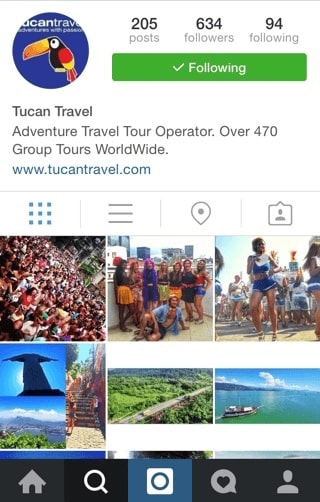
Social networking is one of the most effective communication channels by young people with 84% (aged from 18-29). Social networking sites such as Facebook, Instagram, Youtube, and Google+, among others, are integrated directly into your website to help you promote services, brands, and tours to more customers while maintaining professionalism and standing out from the competition.
On their websites, most travel firms typically provide links to their social media pages, frequently in the bottom or on a separate “Contact us” or “Follow us” page. Additionally, you may look up the travel agency’s accounts on well-known social media websites like Facebook, Instagram, Twitter, and LinkedIn in order to follow or connect with them.
Option to share trips and reviews on social media
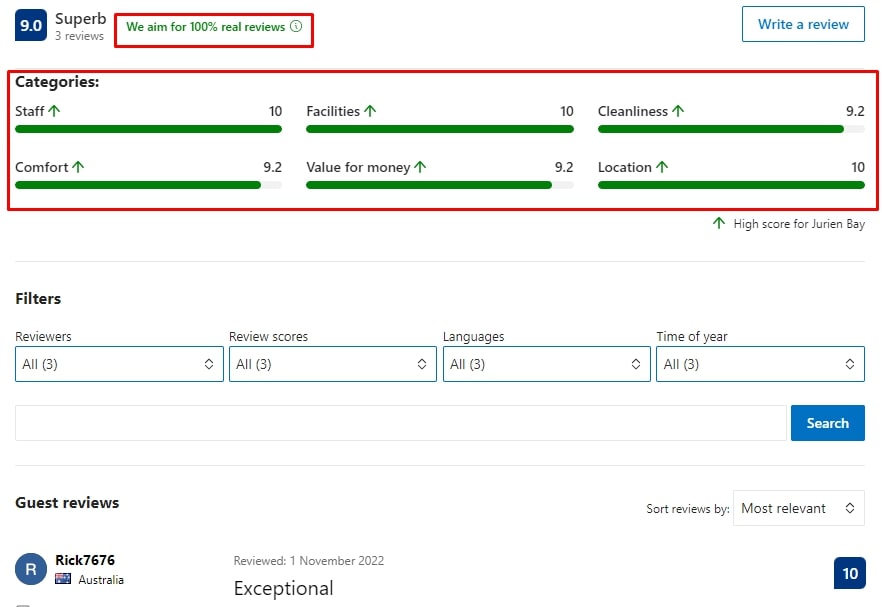
On many travel websites, users can share their trips and reviews on social media. Some travel websites may also have a review feature that lets people say what they think about their trips right on the site. Some of these comments may be shared on social media by the travel agency. By posting trip details and customer reviews on social media, the travel agency may be able to reach more people and get more customers.
You can read the reviews carefully and choose a package that fits your needs for your holiday or vacation. It is the best way for them to save time and feel more at ease. This also gives people who have been to this place the chance to get a small discount if they decide to come back.
Blog or resource center
Article or blog posts about travel destinations and tips
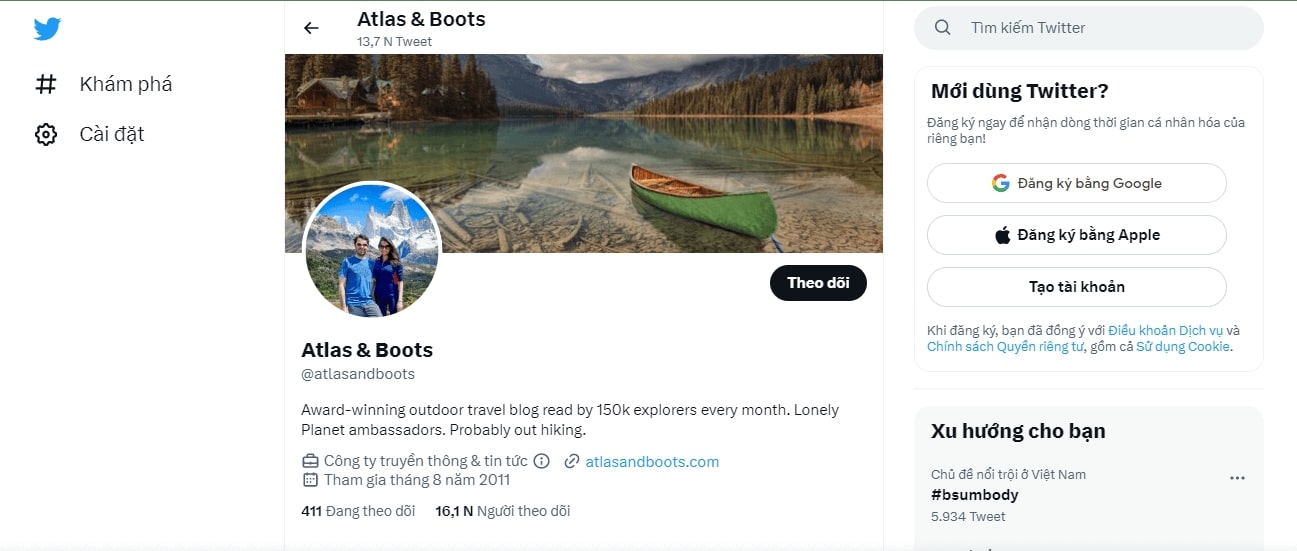
The blog is one of the most important parts of a travel site (from both a search engine visibility and customer conversion standpoint). You’ll need a blog builder that makes it easy to make, manage, and organize blog posts about travel. Then, optimize the page by adding tags, images, videos, headers, and meta descriptions using the blog tools.
In the last year, there has been a 93% rise in the number of bloggers who use marketing techniques like sponsored ads to promote their posts. Travel bloggers are a real source of information that customers can feel and read carefully before deciding on a travel package or experience. Much more so than a tourism organization’s marketing brochure or website. Travel bloggers write from the heart, make videos that aren’t usually eligible for tourism marketing awards, and take a lot of photos to share. These photos show that the travel blogger is actually taking part in the experience, not just being a model for the photo shoot.
Videos, podcasts, or other multimedia resources
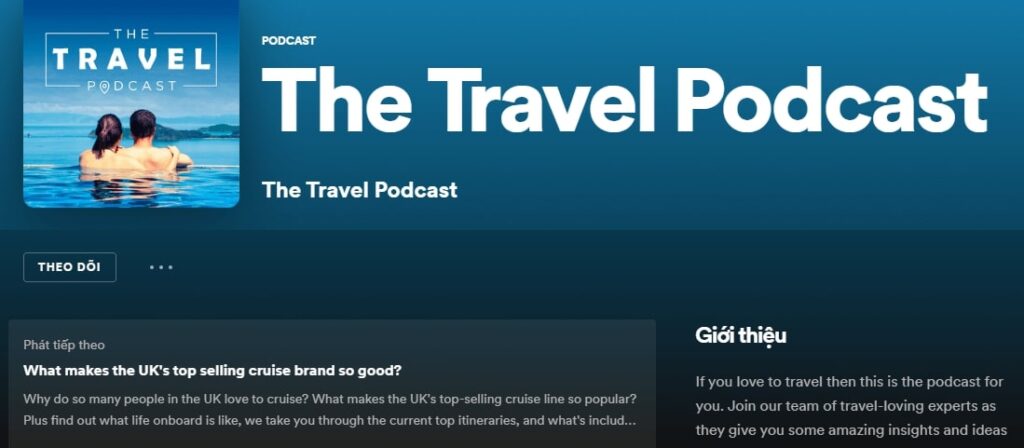
Customers can easily find the information they need to build their itinerary by clicking on some videos or podcasts. Some tools are a great way to get tourists involved and interested in the planning process. Videos could show beautiful views of different places or give virtual tours of hotels and resorts, for example.
Some podcasts feature interviews with local guides or experts in the field who can give advice and information about the places. Both slideshows and photos are great ways to show off different places and attractions. These multimedia materials could be useful for travelers because they can make the planning process more fun and educational.
Security and privacy
Secure data protection for personal and financial information
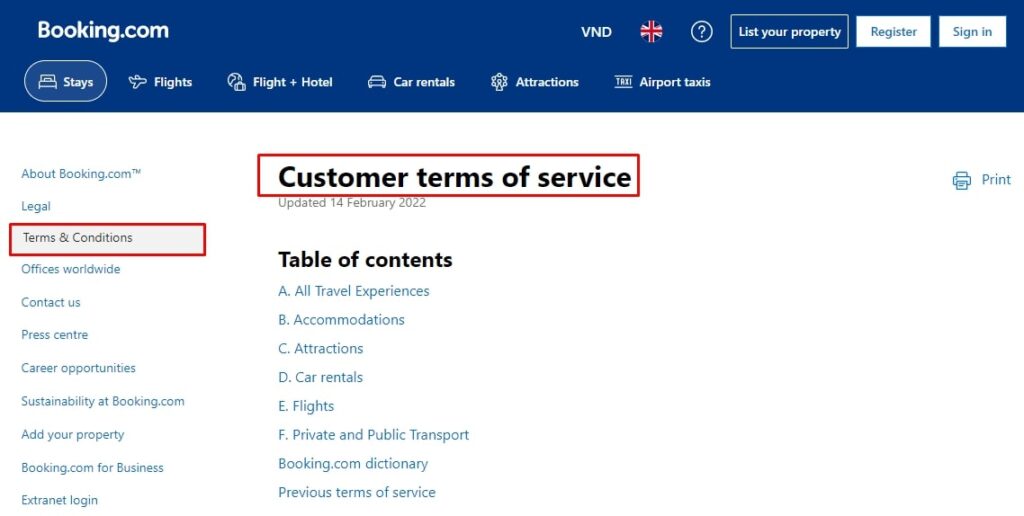
When a customer wants to book a hotel or make a reservation for a trip, most travel sites and other sites in general need to keep their personal information safe. Your business should use secure technology like encryption and secure socket layers (SSL). This shows that private information like names, addresses, and credit card numbers are encrypted and kept safe while being sent over the internet. A lot of travel websites also have strict rules in place to protect their users’ privacy and stop people from getting into their information without their permission. Part of this could be having regular security checks, firewalls, and other ways to protect against cyberattacks and data breaches.
Privacy policy and terms of use prominently displayed
If your business desires for the development of a travel website, you should secure your website clearly about privacy policy and terms of services. A privacy policy is a description of the data that a website gathers about its visitors, how that data is used, and with whom it is shared. A terms of use agreement, also known as a terms of service agreement, describes the obligations of both the website and the user and establishes the terms and conditions for using the website.
Conclusion
Are you looking for a website for your travel agency that stands out and meets the needs of your customers? Traveler theme is all you need. This theme is gorgeous to look at and easy to use. It also has a thorough search function that makes it easy for your customers to find the information they need. Traveler theme is the best choice for any travel agency that wants to give their customers a great website experience. So why hold out? Buy the Traveler theme right now and start giving your customers the best travel experience possible.

